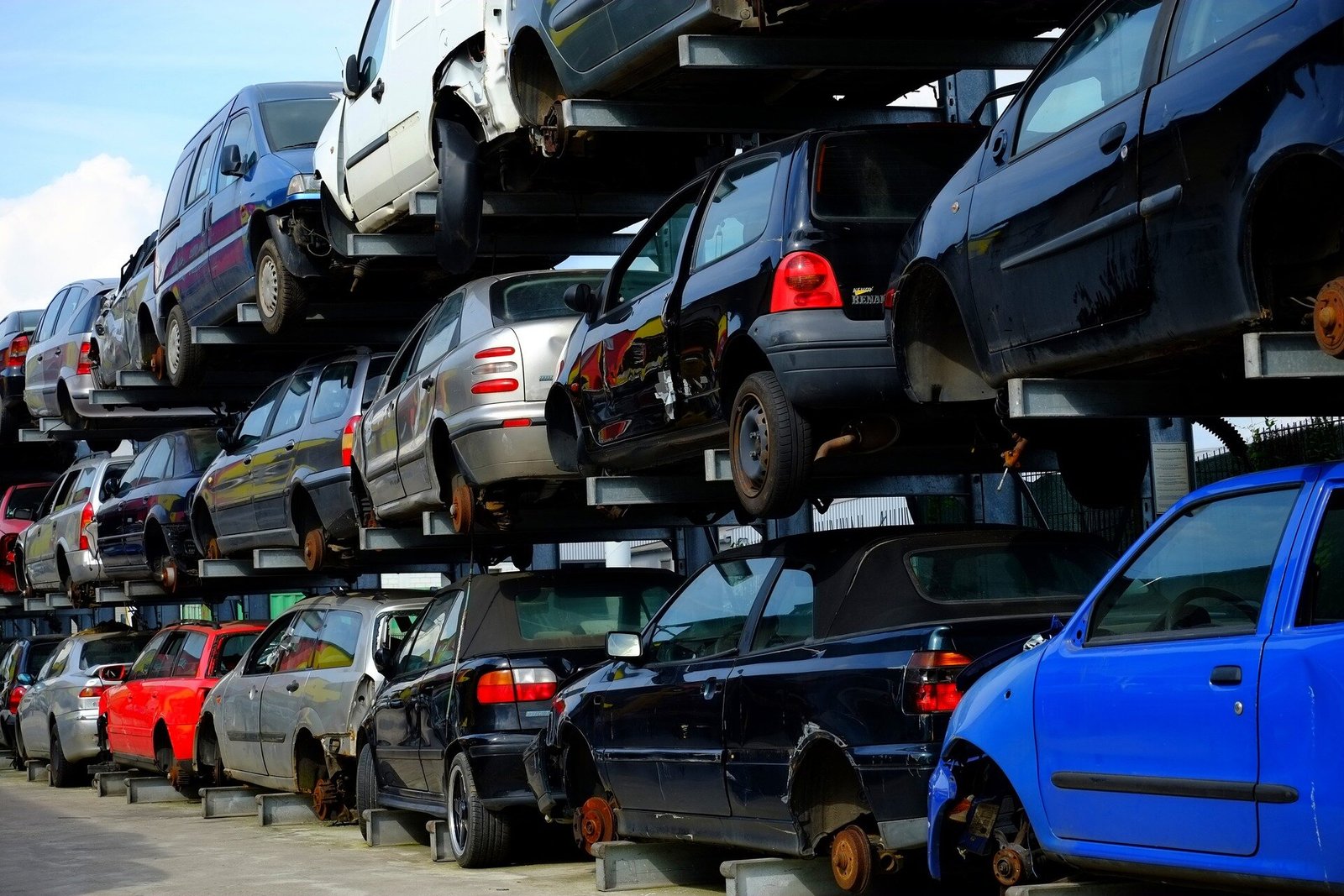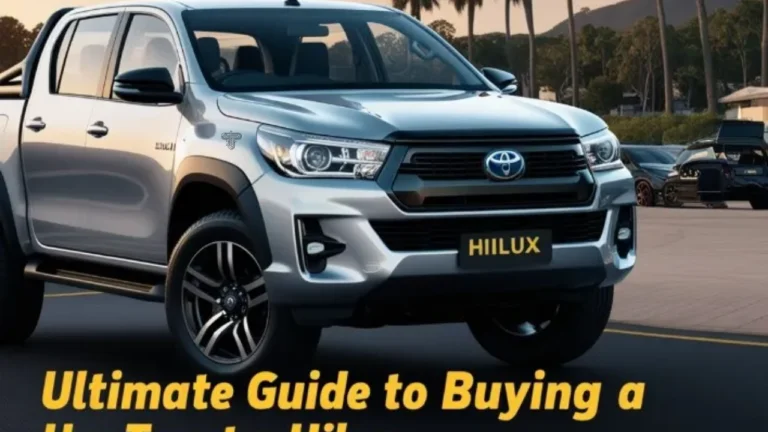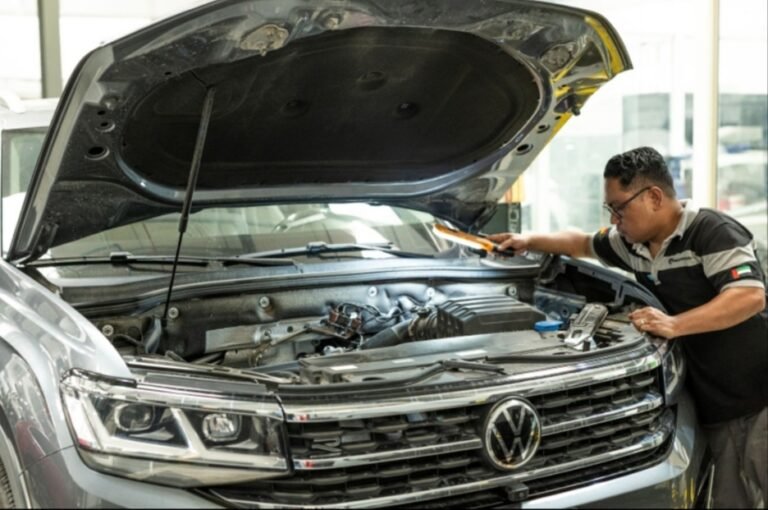Junk Cars for Sale: What to Know Before You Buy
When most people hear “junk cars for sale,” they imagine rusted-out hulks sitting in someone’s backyard. But in today’s used car market, junk cars can mean many things — and for the right buyer, they can represent an affordable and practical opportunity.
Whether you’re looking for cheap transportation, spare parts, or a base for a restoration project, junk cars might be worth considering. However, buying a junk car is different from buying a standard used car, and you’ll want to go in prepared.
This guide covers what qualifies as a junk car, where to find them, what to expect, and how to tell if one is worth buying.
What Is a Junk Car?
A junk car is generally a vehicle that is no longer considered roadworthy or worth repairing. These vehicles are often sold for parts, scrap metal, or rebuilding. Characteristics of a junk car typically include:
● Extensive mechanical damage
● Severe cosmetic issues
● Non-running condition
● Missing parts
● High mileage and wear
● A salvage or non-repairable title
Not all junk cars are completely useless, though. Some just need a little work to run again, while others are still valuable for parts.
Why Are Junk Cars for Sale?
Cars end up in the “junk” category for a variety of reasons:
● Insurance write-offs – The vehicle was declared a total loss.
● High repair costs – Fixing the car would cost more than its value.
● Owner neglect – Deferred maintenance leads to breakdowns.
● Abandonment – Cars left unclaimed or unused for long periods.
● Failed inspections – Vehicles that don’t meet emissions or safety standards.
Once labeled junk, cars are typically sold through auctions, scrapyards, private sales.
Who Buys Junk Cars?
There’s a growing market for junk vehicles, and the reasons vary:
1. Mechanics and DIYers
For those with the tools and skills, junk cars are great low-cost projects or parts donors.
2. Parts Sellers
Buying a complete car and stripping it for components can be more profitable than selling parts individually.
3. Scrap Yards
Even if a car can’t be rebuilt, it can still be crushed and recycled for raw materials.
4. Car Enthusiasts
Some people buy junk vehicles to restore, modify, or use for off-road or race applications.
5. Budget Buyers
In certain cases, buyers with very limited funds seek out junk cars to get back on the road with minimal investment.
Where to Find Junk Cars for Sale
Junk cars are sold through a range of channels:
● Online classifieds – Sites like Craigslist or Facebook Marketplace
● Salvage auctions – Many platforms list vehicles that qualify as junk
● Auto recycling centers – Yards that sell to both mechanics and individuals
● Word of mouth – Private sales from friends, neighbors, or mechanics
Each source has its own pros and cons. Online marketplaces offer accessibility, while auctions offer variety — but they may not allow inspections before bidding.
Pros of Buying a Junk Car
1. Ultra-Low Purchase Price
Junk cars can often be bought for a few hundred dollars — or even less — making them appealing for buyers on tight budgets.
2. Parts Value
If you’re buying for a specific component (like an engine, transmission, or body panel), a junk car can be a much cheaper solution than buying parts retail.
3. Project Base
Junk cars make excellent starting points for restoration, modification, or track-day builds.
4. Minimal Investment Risk
With a very low buy-in, the financial risk is relatively small — especially if you’re buying for non-road use.
5. Negotiation Potential
Sellers are often motivated to get rid of junk cars quickly, giving buyers more leverage during negotiations.
Cons and Risks
1. Unknown Condition
Most junk cars are sold as-is, with little or no background on the damage or repairs needed.
2. Safety Concerns
Many junk cars are missing airbags, brakes, or other critical safety components.
3. No Title or Paperwork
Some junk vehicles don’t come with a title, which can make them impossible to register or insure.
4. Hidden Costs
Repairs, towing, parts replacement, and inspection fees can easily add up.
5. Poor Resale Value
Even if you fix a junk car, it may not command much value on the resale market — especially with a branded title.
What to Look for When Evaluating a Junk Car
Before you hand over your money, assess these factors:
1. Title Status
● Clean title – Rare, but valuable.
● Salvage title – Repairable, but needs inspection.
● Non-repairable or junk title – Can’t be registered; parts only.
Avoid vehicles with unclear or missing documentation.
2. Condition
Check for:
● Rust, especially around structural points
● Signs of flooding or mold
● Engine or transmission integrity
● Oil and fluid leaks
● Missing or damaged components
● Electrical system issues
If the car doesn’t run, try to determine why. Is it a dead battery, or something much more serious?
3. Repair Cost vs. Value
Estimate the cost to make the car roadworthy. Is it worth the effort, or would you be better off buying a running vehicle?
4. Parts Compatibility
If buying for parts, confirm that the components you need are intact and compatible with your intended use.
5. VIN and Vehicle History
Run a VIN check to find out:
● Whether the vehicle has been in an accident
● Its title history
● Reported mileage
● Past ownership
● Any recalls or theft records
Tips for Buying a Junk Car
1. Bring Tools
If allowed, bring basic tools to inspect the vehicle — especially if the engine won’t start or there’s no power.
2. Don’t Assume It Can Be Repaired
Many junk cars are sold because they’re beyond economical repair. Don’t count on fixing one up cheaply unless you’re confident in your skills.
3. Avoid Flood-Damaged Cars
Water damage is often hidden and can ruin the electrical system. Unless you’re buying strictly for parts, steer clear.
4. Know the Laws in Your Area
Some regions have strict rules about registering and insuring salvage or junk vehicles. Check before you buy.
5. Have a Transport Plan
Most junk cars can’t be driven. Be prepared to tow or haul the vehicle to your location.
Should You Buy a Junk Car?
Buying a junk car makes sense if:
● You need parts from a specific vehicle
● You want a cheap project to restore or modify
● You’re experienced in vehicle repairs
● You’re looking to scrap and make money on materials
● You’re okay with using the car off-road or for educational purposes
It’s not the best choice if:
● You need a reliable daily driver immediately
● You lack the tools or skills for basic repairs
● The car’s title status is unclear
● The vehicle has extensive hidden damage
● You’re not comfortable with the risk of additional repair costs
Final Thoughts
Junk cars may not be pretty — and they’re certainly not for everyone — but in the right hands, they can be incredibly useful. Whether you’re looking to rebuild, reuse, or repurpose, there are plenty of opportunities to find value in a junked vehicle.
Just be sure to evaluate the risks, understand your local regulations, and avoid emotional decisions. If you approach the process with a practical mindset and a clear goal, you might find that buying a junk car is more than just a last-resort option — it could be a smart and cost-effective move.






